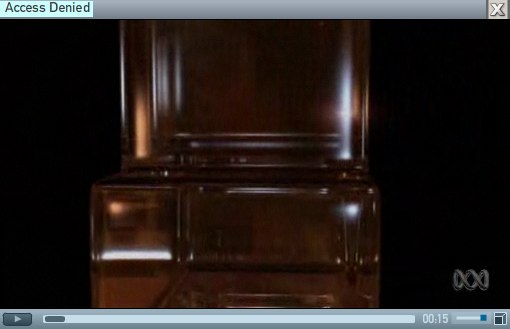Recently I’ve spent a good deal of my time thinking, reading and talking about online privacy. As Facebook and the rest of the social media set become more of a fixture in our lives, the public’s concern about privacy issues have become increasingly pronounced. Every Facebook incident seems to get widespread media coverage.
We’ve also been hearing a lot recently from the government about the amazing proliferation of services that will result from the National Broadband Network. Already, new sites and services pop up every day and have the potential to change lifestyles. There’s a cost, though, to shifting more of our work and social lives online, and this is our privacy.
The last year has seen an upsurge in news about threats to our privacy. Facebook’s decision to change their privacy settings caused an uproar when it was revealed users would be forced – some say, even tricked – into making more information public. More recently, Google received a rap over the knuckles for inadvertently compiling a database of information sniffed from open wireless connections as their street view cars prowled the neighbourhood. Scarier still, it has been revealed that the Attorney-General’s department are pushing for a scheme that would require all Australian phone and internet companies to keep records of your communications – phone, SMS, even email and web – in case it might be needed in a criminal investigation.

